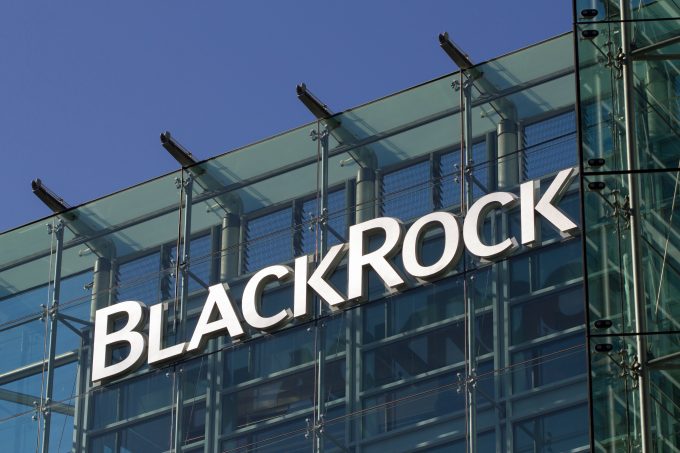Crypto payments platform Fold has announced a strategic partnership with Visa and Stripe to launch the world’s first Bitcoin-only credit card, a move that could signal a new phase in digital asset integration with mainstream payment networks. The card, unveiled this week, is designed exclusively for Bitcoin transactions—an experiment that could test both the appetite of consumers and the adaptability of global payment rails.
Bitcoin at the Checkout
Unlike existing crypto-linked debit cards, which typically convert digital assets into fiat at the point of sale, Fold’s new product aims to keep Bitcoin as the primary currency within the payment flow. While details of merchant acceptance and settlement mechanisms are still emerging, Stripe’s processing infrastructure and Visa’s global reach suggest the card will function across millions of retail outlets worldwide.
The launch comes at a time when Bitcoin has been trading around $64,000, up approximately 20% in 2025, while stablecoins dominate daily crypto payments volume with nearly $60 billion in daily transactions. A Bitcoin-only credit card challenges this status quo, seeking to broaden BTC’s role beyond investment into day-to-day commerce.
Visa and Stripe’s Calculated Bet
For Visa, which already partners with over 70 crypto firms, and Stripe, which re-entered the crypto sector in 2024 with stablecoin settlement features, the Fold partnership underscores a willingness to experiment with more niche payment innovations. Analysts note that Bitcoin’s volatility remains a hurdle: a 5% daily price swing could alter the real cost of purchases for consumers and merchants alike.
Still, the companies appear to be positioning themselves for a future where digital assets become embedded within mainstream financial behavior. By limiting exposure to just one cryptocurrency, the product avoids the complexity of multi-asset wallets and reinforces Bitcoin’s brand as the flagship digital money.
Investor Sentiment and Behavioral Shifts
Fold’s card also plays into a broader shift in investor and consumer psychology. Surveys conducted by Deloitte this year suggest 45% of U.S. millennials would prefer to earn Bitcoin rewards over traditional loyalty points. The card’s Bitcoin-only structure could capitalize on that sentiment, particularly among younger demographics who see BTC not just as an investment, but as part of their financial identity.
Strategically, the product may appeal to long-term holders who prefer to earn and spend in Bitcoin rather than convert to fiat. However, the risk of discouraging adoption remains if users perceive spending Bitcoin as “giving up” a scarce asset expected to appreciate in value.
Market Implications
If successful, the Bitcoin-only credit card could create competitive pressure on banks and fintechs to offer similar single-asset solutions. It may also accelerate debates over tax treatment of crypto payments, which in the U.S. are currently subject to capital gains reporting even on small purchases. Without regulatory reform, widespread adoption may face practical barriers despite strong consumer interest.
Looking Ahead
The Fold–Stripe–Visa partnership represents both innovation and experiment. If consumer adoption is strong, Bitcoin’s role could evolve from a store of value to a functional spending currency on one of the world’s largest payment networks. If uptake falters, it may reinforce the perception that BTC’s utility remains primarily as digital gold. Either way, the launch underscores a critical inflection point: whether Bitcoin can cross the bridge from investment portfolio to everyday wallet.













https://shorturl.fm/k9kYB
https://shorturl.fm/xwBdV